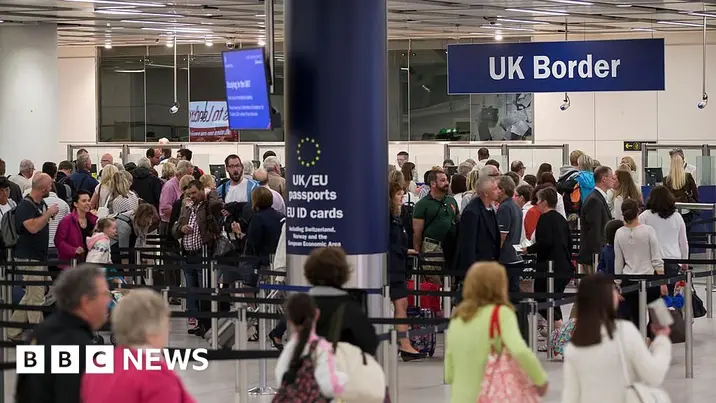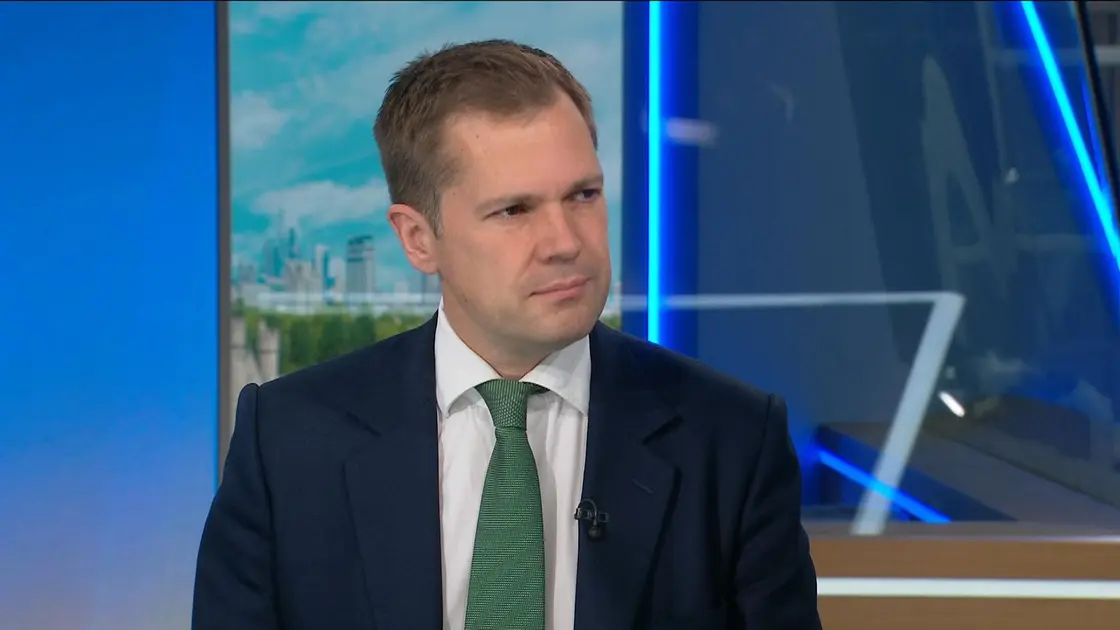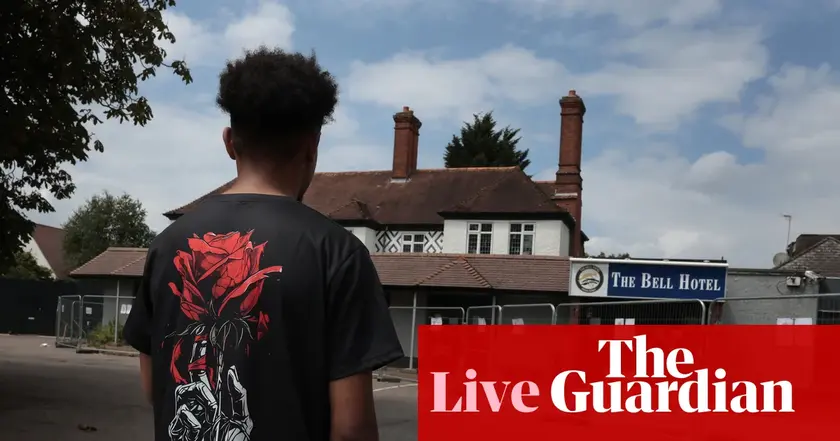T4K3.news
UK grapples with hotel housing as asylum claims peak
New data show the government is struggling to house asylum seekers, process their claims, and curb small boat arrivals.

New data show the government is struggling to house asylum seekers, process claims and curb small boat arrivals.
UK grapples with hotel housing as asylum claims reach peak
New Home Office data show 32,059 asylum seekers staying in hotels as of 30 June, up from 29,585 in June 2024. The government’s plan to move people into cheaper residential housing by dispersing them across more councils has been slowed by local opposition and court bottlenecks. The cost of hotel accommodation remains high, with the Home Office spending about £4.76bn on asylum last year and 76p of every £1 spent on hotels. Hotel costs are estimated at around £170 per night, compared with £27 for other types of accommodation.
Processing delays have left a large backlog of asylum claims. As of June, 102,866 people were awaiting a final decision, more than twice the level seen in March 2020, and the total backlog including appeals stood at 129,721 cases. The government has also pushed to reduce small boat arrivals, including a France-UK return deal that took effect in August. Officials say progress is being made, but analysts warn that success depends on reliable cooperation with partners and sustained funding.
Key Takeaways
"By delaying or not taking decisions, they produced this huge backlog"
Professor Nando Sigona of the University of Birmingham commenting on processing delays
"you kind of lock them into destitution and you have to provide housing for them"
Eleonore Kofman, professor of gender migration and citizenship, Middlesex University
"sends a message to every migrant currently thinking of paying organised crime gangs to go to the UK that they will be risking their lives"
Home Secretary Yvette Cooper
"HMOs housing asylum seekers are breeding grounds for organised crime gangs"
Sarah Pochin, Reform MP for Runcorn and Helsby
The data reveal a policy tension at the heart of the asylum system: moving people away from hotels is cheaper on paper, but it requires speed in processing claims and broad public support. Local backlash, legal challenges and the sheer scale of claims complicate reforms that could bend costs downward. The backlog underscores a structural flaw: when decisions lag, the state must keep housing people who are destitute by international obligation, which inflates expenses and fuels criticism.
Looking ahead, the challenge is political as well as logistical. Speeding up decisions, expanding legal work rights, and ensuring fair housing across a wide geographic area will require more staff, clearer timelines, and community engagement. Without that, the plan to shrink hotel use risks becoming a perpetual budgetary drain and a political flashpoint, rather than a humane reform.
Highlights
- Backlog delays are the real bottleneck
- Dispersal works only if processing keeps pace
- A plan that costs money without speed is a plan at risk
- Work rights could ease destitution and housing pressure
Budget and political risk in asylum housing policy
High costs, local opposition and a growing backlog create political vulnerability and potential backlash. The dispersal strategy depends on local acceptance and court outcomes, risking credibility and funding if challenges persist.
Policy choices in the coming months will test Britain’s balance between humanitarian duty and public consent.
Enjoyed this? Let your friends know!
Related News

Record asylum applications in UK

Jenrick under scrutiny over asylum hotels

UK asylum data shows cautious progress

Backlog and costs drive asylum housing debate

UK asylum stats prompt reforms

Tory MPs condemn own asylum hotel ad for weak messaging

Clashes occur outside hotel housing asylum seekers in Altrincham

Tory MP criticizes Starmer's handling of asylum seekers
